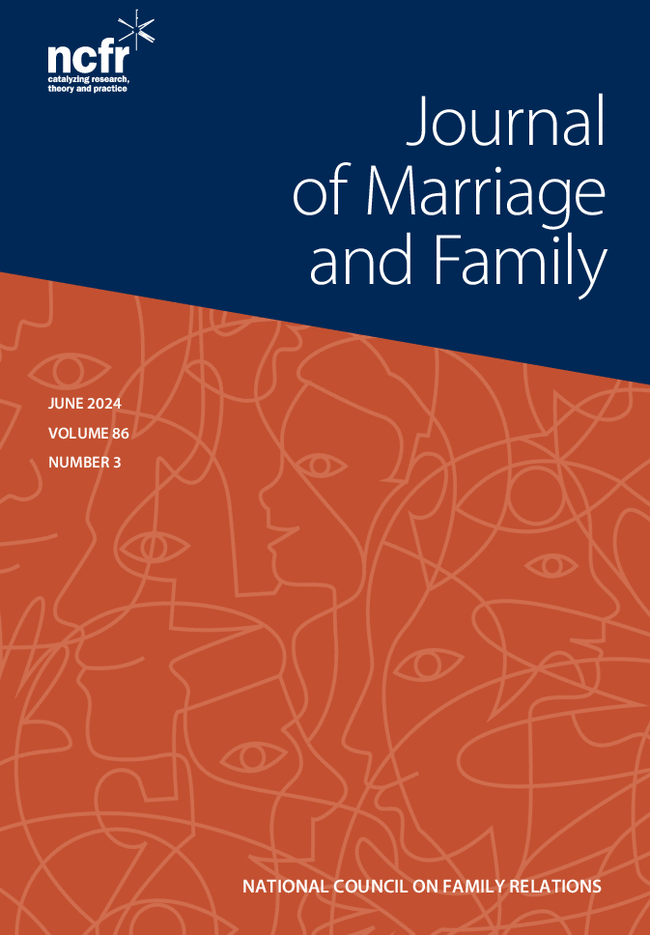Maternal sleep, coparenting quality, and parenting across the first 2 years postpartum
Abstract
Objective
This study examined the between- and within-person associations between maternal sleep patterns and parenting quality across the first 2 years postpartum, with a particular interest in the moderating role of coparenting quality.
Background
Parents are at high risk for poor sleep health during the postpartum period. However, little is known about the influences of parental sleep on parenting and whether the sleep-parenting linkage is qualified by family factors, such as coparenting relationships.
Method
The sample included 152 families with healthy, full-term infants. At 1, 3, 6, 9, 12, 18, and 24 months postpartum, maternal sleep was assessed via actigraphy, maternal parenting was observed during infant bedtime, and coparenting relationships were reported by mothers.
Results
Multilevel modeling revealed that low maternal variability in sleep duration and high perceived coparenting were each predictive of high parenting quality at the between-person level. Poorer sleep quality (i.e., longer wake after sleep onset, higher fragmentation) was predictive of lower parenting at the between-person level, only in mothers with lower coparenting perceptions than others. The combination of earlier sleep onset time and higher coparenting perceptions was predictive of higher parenting at both the within- and between-person levels.
Conclusion
The findings indicated that parenting may benefit the most when both the maternal sleep–wake system and coparenting system provide support and might be most compromised when both systems produce stress.


 求助内容:
求助内容: 应助结果提醒方式:
应助结果提醒方式:


